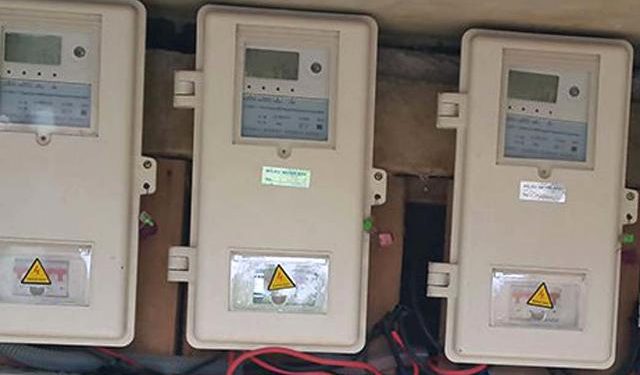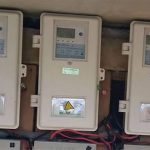The Federal Government of Nigeria has earmarked ₦700 billion from the federation account to fund the Presidential Metering Initiative (PMI) to distribute free electricity meters to Nigerian households. The initiative, led by the Ministry of Power, is designed to bridge the country’s substantial metering gap and improve revenue collection efficiency in the electricity supply sector.
Key Highlights
- PMI Target and Budget:
- The government aims to deliver 2 million meters annually starting from Q1 2025.
- A total of ₦700 billion has been allocated for this initiative, with funds ready for procurement and implementation.
- World Bank Collaboration:
- As part of the World Bank’s Distribution Sector Reform Programme (DISREP), the Federal Government plans to deliver 1.3 million meters from the program’s 3.2 million-meter target by the end of December 2024.
- Funding Strategy:
- ₦420 billion has already been saved for the PMI through monthly deductions of ₦100 billion from the federation account.
- An initial ₦75 billion seed capital has been allocated, and the Nigerian Sovereign Investment Authority (NSIA) has pledged ₦250 billion annually to the project.
- Additional debt financing from financial institutions will supplement the PMI’s funding pool.
- Metering Gap and Challenges:
- Out of 13.33 million registered electricity customers in Nigeria, only 46.14% (6.15 million) have been metered as of 2024, leaving a gap of 50%.
- The Nigerian Electricity Regulatory Commission (NERC) recently approved ₦21 billion for the 11 electricity Distribution Companies (DisCos) to supply meters at no cost to end-users.
- Economic Impact:
- The Managing Director of the Abuja Electricity Distribution Company (AEDC), Victor Ojelabi, estimates the PMI will unlock ₦1 trillion in revenue currently tied up in the power sector due to unmetered customers.
- Improved metering is expected to enhance billing accuracy, reduce estimated billing complaints, and increase electricity sector efficiency.
Broader Implications
The PMI, alongside the Distribution Sector Recovery Programme (DISREP), represents a comprehensive approach to tackling inefficiencies in Nigeria’s power sector. By focusing on metering, the Federal Government aims to:
- Enhance transparency in electricity billing.
- Boost investor confidence in the Nigerian Electricity Supply Industry (NESI).
- Reduce energy theft and revenue leakages.
This ambitious initiative underscores Nigeria’s commitment to resolving its longstanding energy challenges, offering a pathway toward a more sustainable and equitable power sector.










